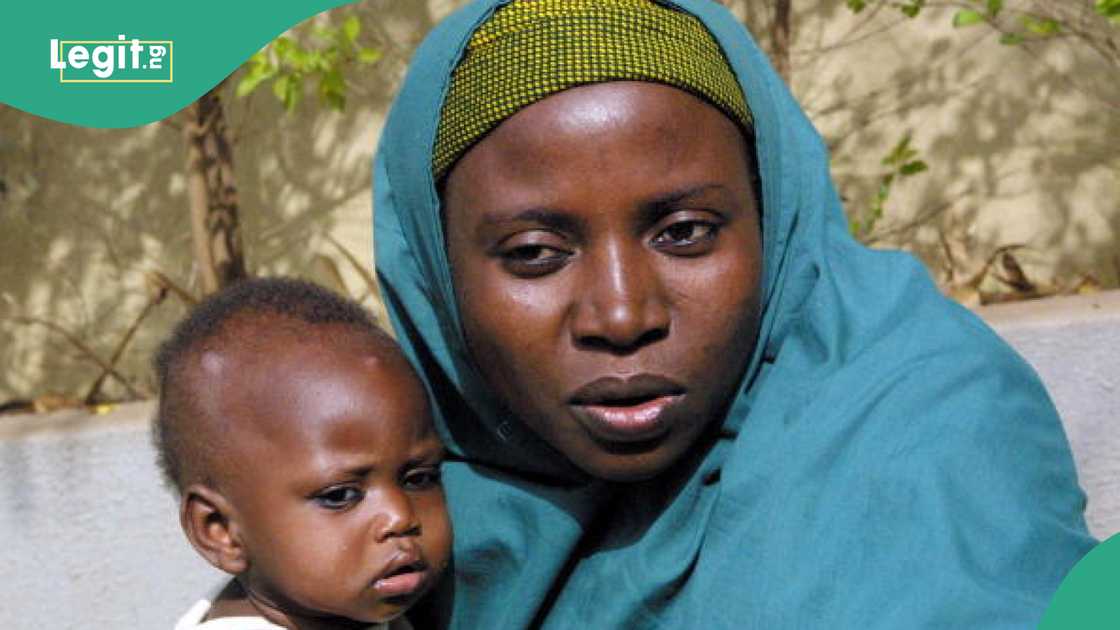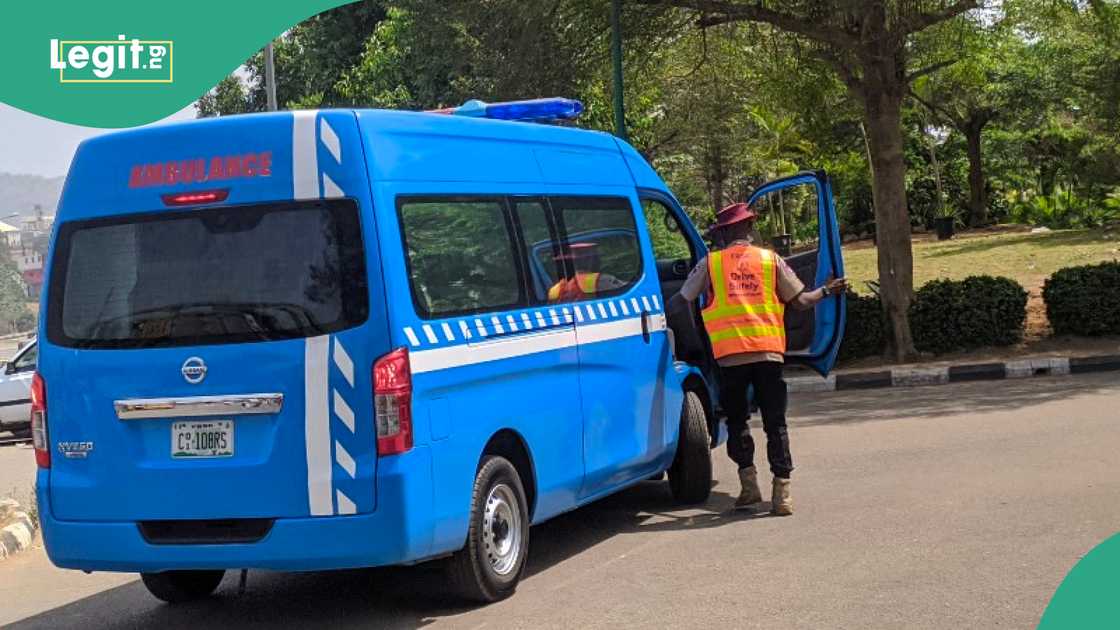A tragic incident struck Gwalli village in Zamfara State’s Gummi Local Government Area on Saturday, September 12, as a passenger vehicle loaded with passengers careened off a locally constructed bridge and crashed into the river below. Survivors of the accident gave firsthand accounts, painting a harrowing picture of a community suddenly plunged into mourning.
19 Lives Tragically Lost in Zamfara Bridge Accident
According to investigative reporting by Daily Trust, the accident involved a bus transporting dozens of people, including a bride. While 21 individuals, among them the bride and the driver, miraculously survived the catastrophe, at least 19 people were confirmed deceased as at the time of this report. Emergency response efforts continued into the weekend, with 17 bodies pulled from the river on Saturday, September 13. Another body was recovered the following day, but one person remained unaccounted for as of press time.
The aftermath of the incident sent shockwaves throughout Zamfara State and beyond, with families anxiously waiting for news about missing loved ones and authorities racing to rescue any survivors. The sense of loss is palpable in the community, as this tragic event has left many families devastated.
Eyewitness: The Human Cost and Stories of Survival
Among the survivors was a woman identified as Rabi, who recounted the heart-wrenching scenes at the accident site. She shared that one of the victims was a woman discovered still holding her child—both mother and child losing their lives in the disaster. Rabi’s testimony offers a stark glimpse into the scale of the tragedy, highlighting how entire families can be affected in a moment’s misfortune.

Photo credit: PIUS UTOMI EKPEI/AFP via Getty Images
Source: Getty Images
Personal Accounts: “Mother Was Found Clutching Her Child” – Survivor
“She [the victim] was still holding her baby when we found them. It was a terrible sight,” Rabi shared, reflecting the deep emotional trauma survivors are now grappling with. Such stories underscore not only the statistical impact of road accidents but also their profound human consequences.
“I was forced by a friend to get off the bus. She said I should come down and wait for the driver to come back. She convinced me that since she will be on the first trip. After a brief argument, I succumbed and alighted from the bus.
“We were seriously terrified when we watched the bus plunge into the water. We were confused when the car went deep and disappeared in the water.
“We started screaming and calling for help. Though some people arrived on time, that did not save the lives of those inside the bus. All of them were brought out from the bus dead. A lifeless body of a woman among the victims was found glued with her child, and they were all dead.”
Authorities Blame Overcrowding for the Deadly Crash
Speaking to the press, Zamfara State Police Public Relations Officer, DSP Yazid Abubakar, expressed his condolences and shed more light on the likely causes of the accident. He confirmed that their preliminary findings suggested overloading was a major factor. The bus involved in the crash was reportedly built to carry 18 passengers at maximum capacity, yet it was loaded with nearly double that—about 40 people packed inside.
DSP Abubakar described the situation as “most regrettable,” noting that such disregard for transport safety regulations remains a widespread challenge in many rural and intercity routes across Nigeria. The police spokesperson urged vehicle owners and commuters to prioritize safety, reduce overloading, and regularly check the condition of vehicles before embarking on journeys.
Understanding Nigeria’s Road Safety Crisis: A Worsening Trend
Sadly, this Zamfara disaster is not an isolated occurrence. Road crashes are a persistent threat to lives across Nigeria and West Africa. According to data from the Federal Road Safety Corps (FRSC), thousands die annually in preventable road traffic accidents—often due to speeding, overloading, and poor road infrastructure.
- Overloading puts excessive strain on vehicles, making them harder to control and increasing the likelihood of mechanical failure or loss of balance, especially on narrow or poorly maintained roads or bridges.
- Substandard Bridges and Rural Roads—like the locally-built bridge involved in this incident—are common throughout rural Nigeria, posing an added risk for road users.
- Lack of Enforcement of vehicle loading regulations allows unsafe practices to persist unchecked, endangering both passengers and drivers.
Community leaders and road safety advocates have repeatedly called for stricter enforcement of transport rules and urgent investment in rural infrastructure as effective solutions to reduce further loss of life.
Broader Context: Fatal Accidents Plaguing Other States
Just two weeks earlier, another devastating crash occurred along the Lekki–Epe Expressway in Lagos State on Monday, September 1, 2025, according to official reports. That particular tragedy resulted in six fatalities and left nine others with serious injuries. The Lagos State Traffic Management Authority (LASTMA) General Manager, Mr. Olalekan Bakare-Oki, provided further updates, highlighting the need for increased vigilance and compliance with road safety protocols.
Such accidents underscore mounting concerns around vehicle standards, road safety laws, and the human cost of traffic violations in Nigeria’s bustling urban centers and remote communities alike.
Preventive Measures and Community Response
In the aftermath of the Gwalli tragedy, calls have intensified for:
- Investing in safe, modern bridges and roads, especially in rural communities.
- Public awareness campaigns regarding the dangers of vehicle overloading.
- Enforcement of regulations that limit passenger loads.
- Empowering transport unions and rural leaders to monitor and report unsafe practices.
Local state governments, the FRSC, and civil society organizations are being urged to collaborate and find lasting solutions, emphasizing human safety as the top priority in public transportation.
Condolences, Questions, and the Road Ahead
Our thoughts and heartfelt condolences are with the families affected by the Zamfara and Lagos road tragedies. As investigations continue and rescue efforts wind down, critical questions remain: What more can be done to prevent such heartbreaking disasters? How can passengers and transport operators work together to ensure no more lives are cut short on Nigerian roads?
What’s your perspective on the current state of road transport safety in Nigeria and West Africa? Do you have experiences or ideas for solutions that could help save lives? Share your thoughts and get involved in the conversation.










